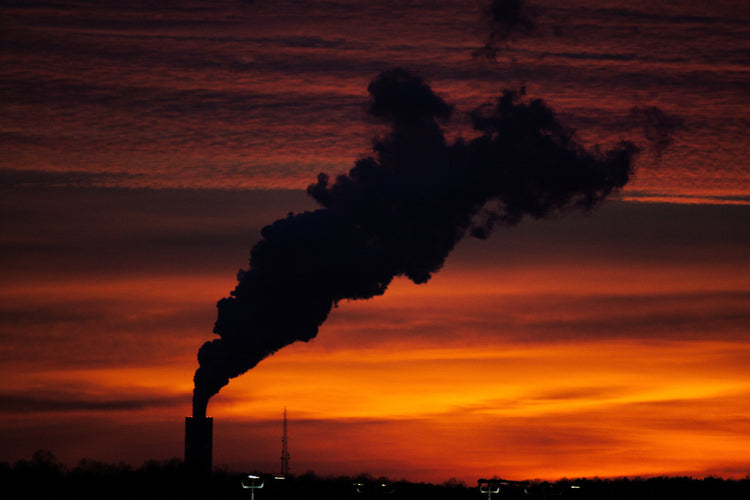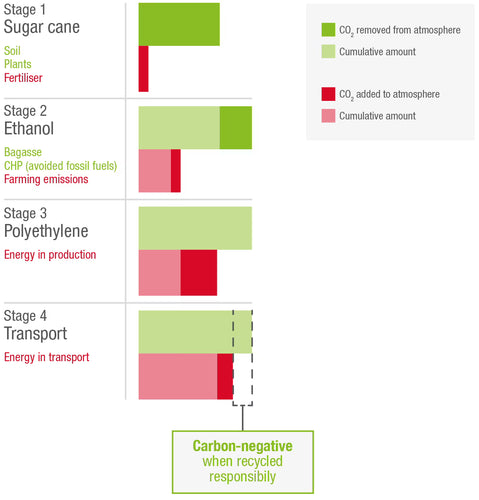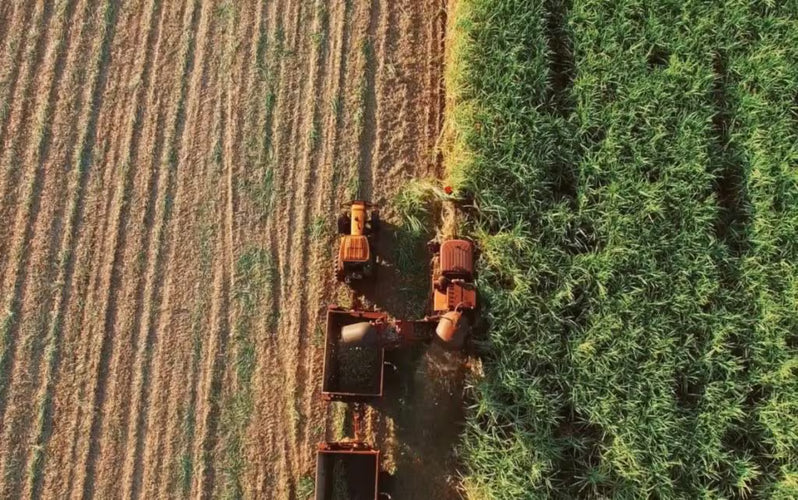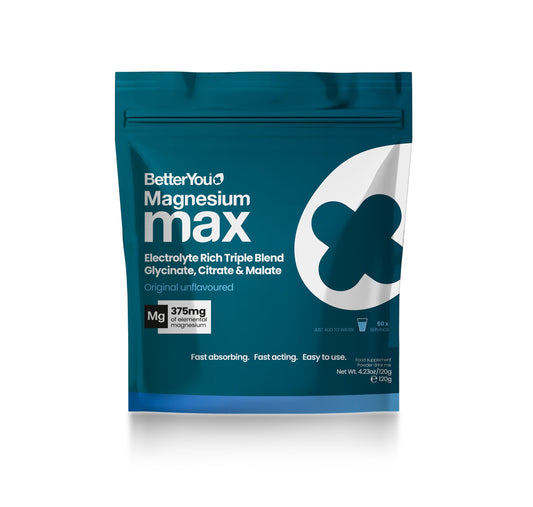Rising emissions
Global warming is the single biggest threat facing our planet right now. In order to reduce and reverse the damage humans are causing, we need to look at intelligent, alternative solutions to bringing down our CO2 emissions.
Traditionally, plastic is produced by extracting ethanol from fossil fuels such as crude oil. The production is energy-intensive and damaging to the environment. So what if you could find a way to produce plastic that emitted less CO2 into the atmosphere? Better yet, what if you could find a way to produce plastic that actually reduced the amount of CO2 in the atmosphere already.
At BetterYou, we’ve found a way.


Plastic bottles made from plants!
At BetterYou, we’ve partnered with a number of exceptional scientists who are at the forefront of plastic and packaging technology. A commercially viable process has been developed that uses ethanol as a by-product of sugarcane harvesting to create plastic rather than using ethanol produced from vastly more polluting fossil-fuels.
This bioplastic is much less energy-intensive than traditional plastic production and the community-managed sugarcane plantations actually remove large quantities of CO2 from the atmosphere during their growing cycle.
This means that—when recycled—the resulting plastic material is carbon-negative, as verified by The Carbon Trust.
And best of all, this plastic is chemically identical to it’s fossil-fuel produced counterpart. This means that I’m Green bioplastic can be recycled alongside traditional plastics without the risk of contaminating the process.
Just recycle it alongside all your other household plastics!

Solving problems without creating new ones
The sugarcane plantations are located in water-abundant areas of Brazil and do not encroach on the space of any other eco-systems, such as rainforest.
Furthermore, innovative farming techniques are used to improve the eco-credentials of the resulting material. Machinery is used for harvesting the sugarcane, this results in lower CO2 emissions than from pre-burning the plantation for it to be hand-picked. Instead of pesticides, a specific wasp species is used to keep the sugarcane free of sugar-borers, a known pest that can damage the yield of the crop. These on-site security insects keep the sugarcane pest-free without the need for harmful chemicals entering the soil or water supply.
Our supplier continues to investigate and implement clever techniques to ensure they are always as environmentally-friendly as possible.
But why not ditch plastic altogether?
It’s simple, really. Plastic itself is actually incredibly useful. It’s how it’s manufactured, used and disposed of it that causes the real problems.
When we started discussions within our supply chain about making further improvements to our environmental commitments, alternative materials (to plastic) were investigated thoroughly. However, plastic is an incredibly versatile, durable and lightweight material and the alternatives simply couldn’t come close to matching it for product quality, safety or environmental efficiency.
Packaging mass
Alternative materials would be 3.6 times heavier than plastic packaging

Greenhouse Gas emission
Alternatives to plastic would result in 2.7 times more GHG emissionsover their lifetime

Energy
It would take around twice as much energy to use alternative materials to plastic packaging








